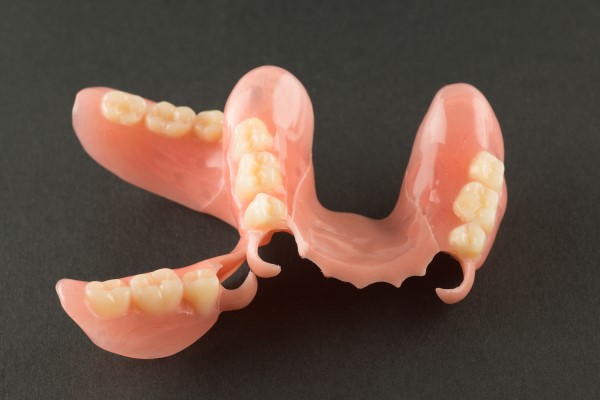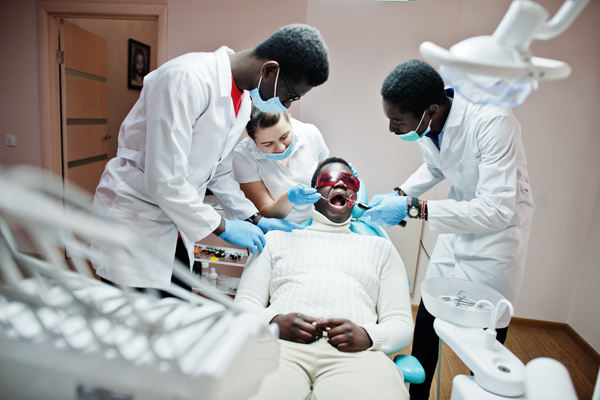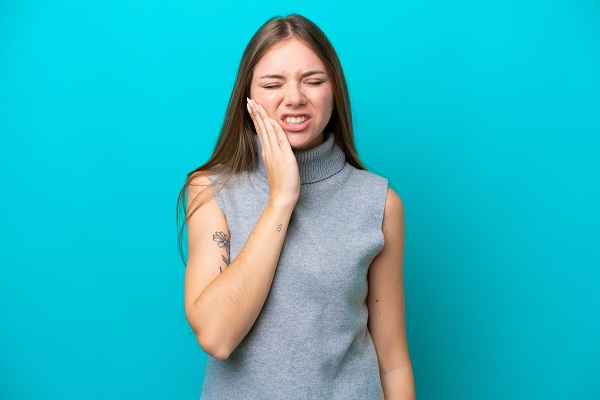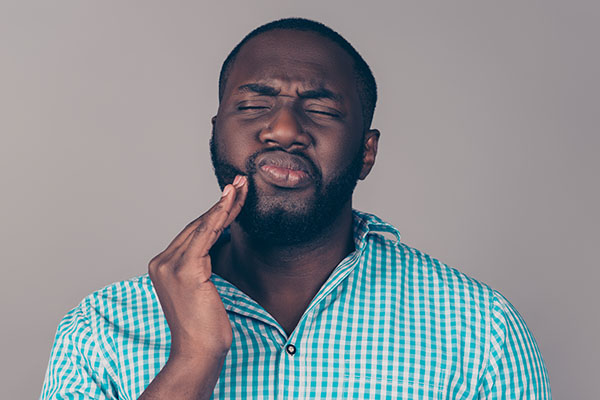ArticlesHollywood, FL
Patient Education by Dr. Marcela Newman.
Dr. Newman has written small articles that are aimed to inform patients on the procedures that they are getting done or information regarding general dental health!
Read her articles below!
Easy Ways to Improve Your Smile!
By Dr. Marcela Newman
Nowadays, with the new techniques and advances in dental materials, there are many ways to improve your smile in just a few appointments.
- Get your teeth cleaned: Some stains like coffee, wine or tobacco can be easily removed with a simple dental cleaning.
- Bleach or whiten your teeth. Tooth whitening is nowadays very affordable and simple. Using the right bleaching product your teeth can look whiter in just a few days or even hours depending on the product.
- Short term Cosmetic orthodontic treatment. “Six month smile” are clear braces that can give you the perfect smile in just a few months.
- Composite veneers and bonding. In some cases, just restoring fractured front teeth or stained old composites can give you back a beautiful smile. White fillings can be a quick solution to an esthetic problem.
- Replace missing teeth with removable or fixed dental bridges. When a front tooth is missing, a flipper or removable partial denture or a fixed bridge can be fabricated in few appointments to replace the missing teeth.
These are just a few treatment options available to you to improve your smile. Remember that your smile is the best business card you can show. It has been demonstrated that people with beautiful smiles have more chances to be successful in interviews and in interpersonal situations. Dress up with a beautiful smile now!
Are Dental Problems Hereditary?
By Dr. Marcela Newman
Many times patients tell me that having loose or bad teeth “runs in the family.” They describe that either their parents or grandparents have had the same condition, therefore it must be hereditary.
Some dental problems are hereditary, such as cleft lip and palate, having extra teeth or missing teeth, incomplete formation of the enamel or the dentin, malocclusion, the shape and size of teeth and periodontal disease (gum disease).
However, dental decay (caries) and periodontal disease (gum disease), which are the main causes of tooth loss, are both treatable conditions if treated on time. Dental decay and periodontal disease are caused by bacteria living in your mouth. It is true that there is a “host-susceptibility factor” which may be hereditary, but if the dental plaque is removed, and there is no sugar in your mouth for the bacteria to grow, decay is not there!. On the other hand, Periodontal Disease is harder to control because “it does not hurt”. The bone loss slowly progresses and causes tooth mobility and tooth loss. Many of our parents and grandparents did not grow up with fluoride in the water nor went to the dentist to “prevent” dental disease.
Most of them went to the dentist when they already had pain, or when it was too late to save the tooth. Many of them have dentures because dentistry was “treatment based” not “prevention based”. We have early detection. We have digital x-rays, fluoride in the water, toothpaste and salt, electric toothbrushes, intraoral cameras, the Internet to learn about diseases and conditions, and more. So, more than thinking that our dental problems are “hereditary”, we must think that the hygiene habits and the prevention of dental disease are two good things that we “pass onto our children.”
Children learn a lot of things from their parents, the good and the bad. If the parents do not value dental health, are afraid of the dentist, or say “I hate going to the dentist!” the child will probably do and say the same thing. This is not hereditary. These are learned behaviors. Good dental hygiene habits (or the lack thereof) can also be learned from parents. (We truly are great influences on our children!) So, we don’t have to blame our parents or grandparents for their “bad genes.” Toothbrushes and toothpaste are available for most people and tooth loss can be prevented.
We believe that “Prevention is cheaper and better that treatment.” Therefore, we encourage patients to come for regular visits, accept preventive and educate themselves about dental health. For more information you can visit us online at www.hollywoodsmilesfl.com or write your comments to drnewman @hollywoodsmilesfl.com.
Do Muscles Matter?
by Dr. Marcela Newman
Many patients experience teeth fractures, unexpected tooth movement, frequent headaches and jaw pain or “dental pain” without thinking that the teeth and the mouth are surrounded by muscles that play a very important role in the mastication and function of your teeth.
The mouth and jaw is connected to the skull by many muscles. The most important muscles of the mastication are the masseter, the temporalis and the tongue. The tongue alone is a muscular structure composed of 8 muscles. The tongue can move teeth and bone. The masseter and Temporalis are responsible for the contraction of the jaws. The pain generated by contracted jaw muscles can be very similar to the pain from migraine pain. In fact many patients who report “migraines” are referred to the dentist to treat the bruxism.
The many muscles that surround your mouth are responsible for many dental conditions such as: Tooth clenching and bruxism, teeth fractures, relapse after braces and tooth movement and mobility. A simple “premature contact” or having a shift in your bite can produce extreme pain and can cause tooth fracture. This can lead to the need for root canals and crown and sometimes extractions depending on how bad is the fracture. People that grind their teeth at night can develop joint pain and have severe dental wear, having to need crowns depending on the severity of the clenching forces at night. In other words, many patients come to the dentist to get treatment for the damage that the muscles have produced, but what if we start “training” these muscles and making them our friends instead of our enemies?
A night-guard is indicated to protect the teeth from the excessive forces during clenching or grinding; however, many patients get “addicted to them” or can not “stand them”. So what can we do? How can we train the muscles to relax?
Muscular training can be achieved by practicing jaw exercises and with the use of intraoral devices. Part of this “non invasive” treatment includes the use of the night guard at the beginning but later once the muscles have been trained, it is expected that the patient will no longer need a night guard to have the muscles relaxed. We all know that muscles take time to train. The more and more frequent we exercise the better we look! This technique for treating patients with bruxism or “tight muscles” is not a new science. It’s actually and old method of treating patients with TMJ problems and as part of the post orthodontic treatment.
For more information about muscular training, please contact Dr. Newman at [email protected].
Do I really need a Night Guard?
by Dr. Marcela Newman
A “night guard” or biting plate is primarily given to patients to prevent bruxism, grinding and/or clenching of the teeth. It is also prescribed in cases of bad bites, patients with several porcelain crowns, in treatment of mandibular joint pains and after orthodontic treatment. Many patients grind or clench their teeth while sleeping, driving or working and are not aware of them doing it. However, signs such jaw pain in the morning, ear pain, teeth fractures, sensitivity, headaches and severe wear on the teeth indicate that a person grinds his/her teeth at night.
When a patient grinds his teeth at night excessive forces from biting that can damage the teeth, jaws and muscles. Research has shown that nocturnal bite forces during bruxism can exceed the amplitude of maximum voluntary bite force during the daytime. Grinding your teeth can put as much as 250 pounds of pressure on them (as opposed to the 20 to 40 pounds you exert while chewing). If nocturnal bruxers grind up to 40 minutes of every hour while they sleep, this explains the dental fractures and severe headaches of these patients. Although the wear of the teeth takes years to be noticeable by the patient, but the dentist can detect at early stage the damage being done to the teeth because the teeth look flat, shorter and worn out. The treatment can go from simple fillings to full mouth rehabilitation if the teeth are too short and fractured. This is why it is important to get regular check ups and report to your dentist if you think you are having any of the above mentioned symptoms.
A plastic guard or “night guard” is necessary to protect the teeth from breaking and to avoid further damage to the teeth and joints and muscles. Dental molds are taken and sent to the laboratory to fabricate the guard. This procedure is painless and simple. It requires 2 appointments, one for impressions and another to deliver your night guard. Many patients experience quick relieve to the symptoms and get used to wearing the night-guard quickly; others can take a few months to get used to it. For those patients that have a little difficulty adapting to the night-guard, I recommend that you see it as the treatment for your condition, and think that this appliance will prevent further damage to your teeth. It’s kind of like wearing glasses. It takes a while to get used them, but later you can’t read without them.
Our practice focuses on prevention and patient education. We encourage you to visit your dentist for regular check ups and x-rays. For further information, contact Dr. Newman at [email protected].
Contact Us
Hollywood Smiles Family Dentistry is located at 1869 N 66th Ave Hollywood, FL 33024.





